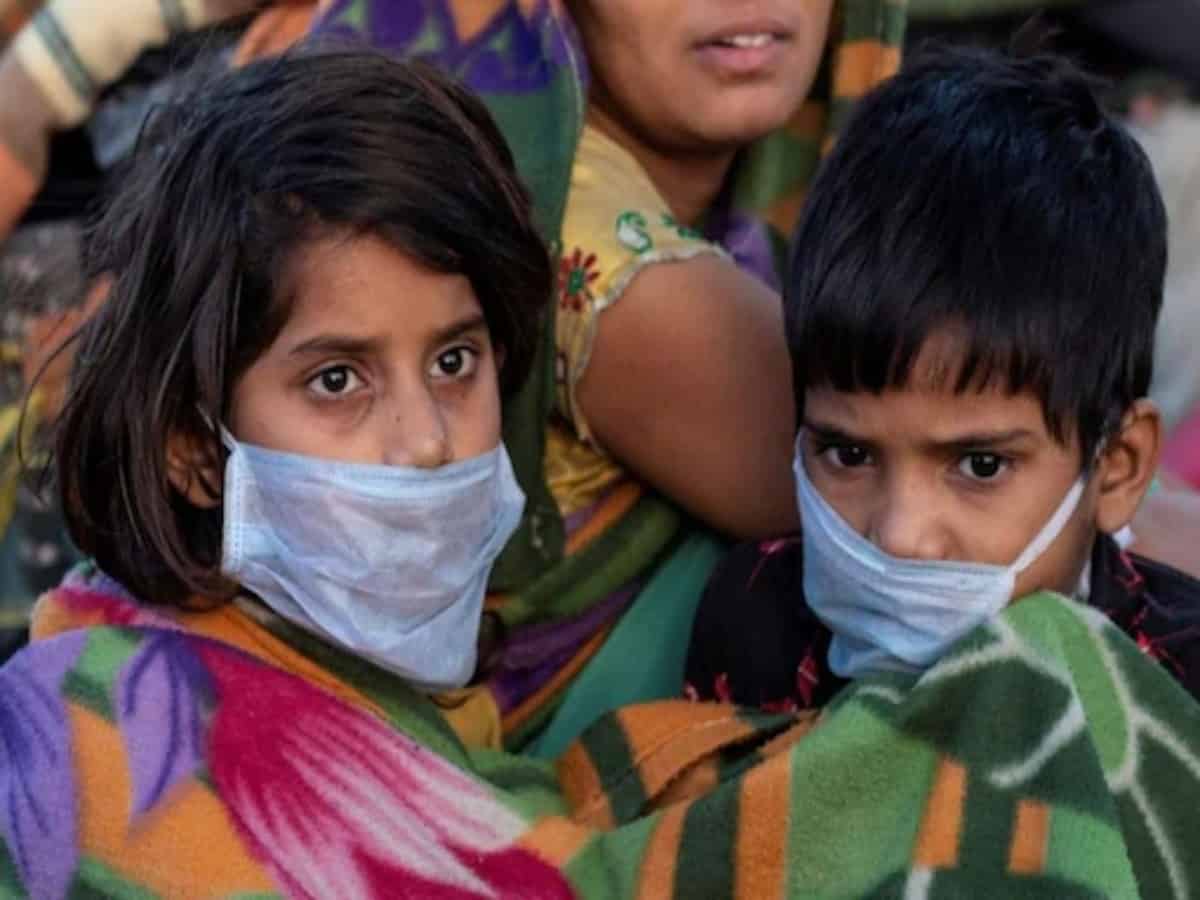Lucknow: Ever since the Uttar Pradesh government sought suggestions from the public regarding the draft bill titled The Uttar Pradesh Population (Control, Stabilization and Welfare) Bill, 2021 two days ago, it has been a subject of discussion.
Even though the state’s chief minister Yogi Adityanath drew a lot of criticism on his radical population law, some also thought it could be replicated in other states for controlling population explosion.
The 40-page policy document mentions that “attempts would be made to ensure there is a population balance among various communities in the state. Extensive campaigns would be run in communities, groups, and geographical areas where fertility rates were higher.”
A draft of the Uttar Pradesh population control bill has been uploaded on the state law commission website and the public suggestions shall be accepted until July 19.
What does the draft bill aim at?
The population draft bill, prepared by the state law commission, says that ‘it is necessary to control, stabilize the population of the State for promotion of sustainable development with more equitable distribution.’
It cites limited economic and ecological resources at hand and says that it is necessary and urgent that the provision of the basic necessities of human life—including affordable food, safe drinking water, decent housing, access to quality education, economic/livelihood opportunities, power/ electricity for domestic consumption, and a secure living is accessible to all citizens.
The law panel said that it is necessary to implement the policy for reasons such as:
1. To control and stabilise the population of the state for the promotion of sustainable development with more equitable distribution.
2. To ensure healthy birth spacing through measures related to augmenting the availability, accessibility.
3. Affordability of quality reproductive health services to achieve the goal of population control, stabilisation, and its welfare in the state.
4. To achieve population stabilisation and reduce preventable maternal and infant deaths.
5. To prevent the death of children under the age of 5 years and improving their nutritional condition.
6. To bring down the gross fertility rate among women to 2.1 by 2026 and to 1.9 by 2030.
7. To make comprehensive arrangements for the care of the elderly, apart from better management of education, health, and nutrition of adolescents between 11 to 19 years.
What does the draft bill entail?
Applied to a married couple where the boy is not less than 21-years-old and the girl is not less than 18-years-old, the draft bill implements and promotes the two-child norm in the states.
Besides, it also notes several incentives and disincentives in its implementation.
Listing incentives for public servants who adopt the two-child norm, the draft bill says, “Public servants who adopt the two-child norm will get two additional increments during the entire service, maternity or as the case may be, paternity leave of 12 months, with full salary and allowances and three percent increase in the employer’s contribution fund under the national pension scheme.”
Controversial measures for violators
According to the draft of the proposed bill, anyone violating two-child policy will be debarred from contesting local bodies elections, from applying for or getting promotion in government jobs, and receiving any kind of government subsidy.
The ration card units shall be limited to four and violators shall be debarred from being beneficiaries of government-sponsored welfare schemes.
Opposition
These disincentives have drawn a furore, both by the Opposition parties and social media.
While the Samajwadi Party (SP) termed it as an “election propaganda” while a Congress leader asked the state government to tell how many “legitimate and illegitimate children” its ministers have.
Not just the Opposition, NDA ally and Bihar Chief Minister Nitish Kumar too has said the new population control policy will not work. “I am continuously advocating that educating the females is the only way to control the population,” Kumar says while indicating that forcible acts may not work in the country compared to awareness and self decisions of common people.
“Uttar Pradesh has endorsed population control policy from China but everyone knows what happened in China. The birth rate will be controlled only after the education of women. When women become educated, awareness about the population automatically comes and the population will be controlled accordingly,” Kumar added.

